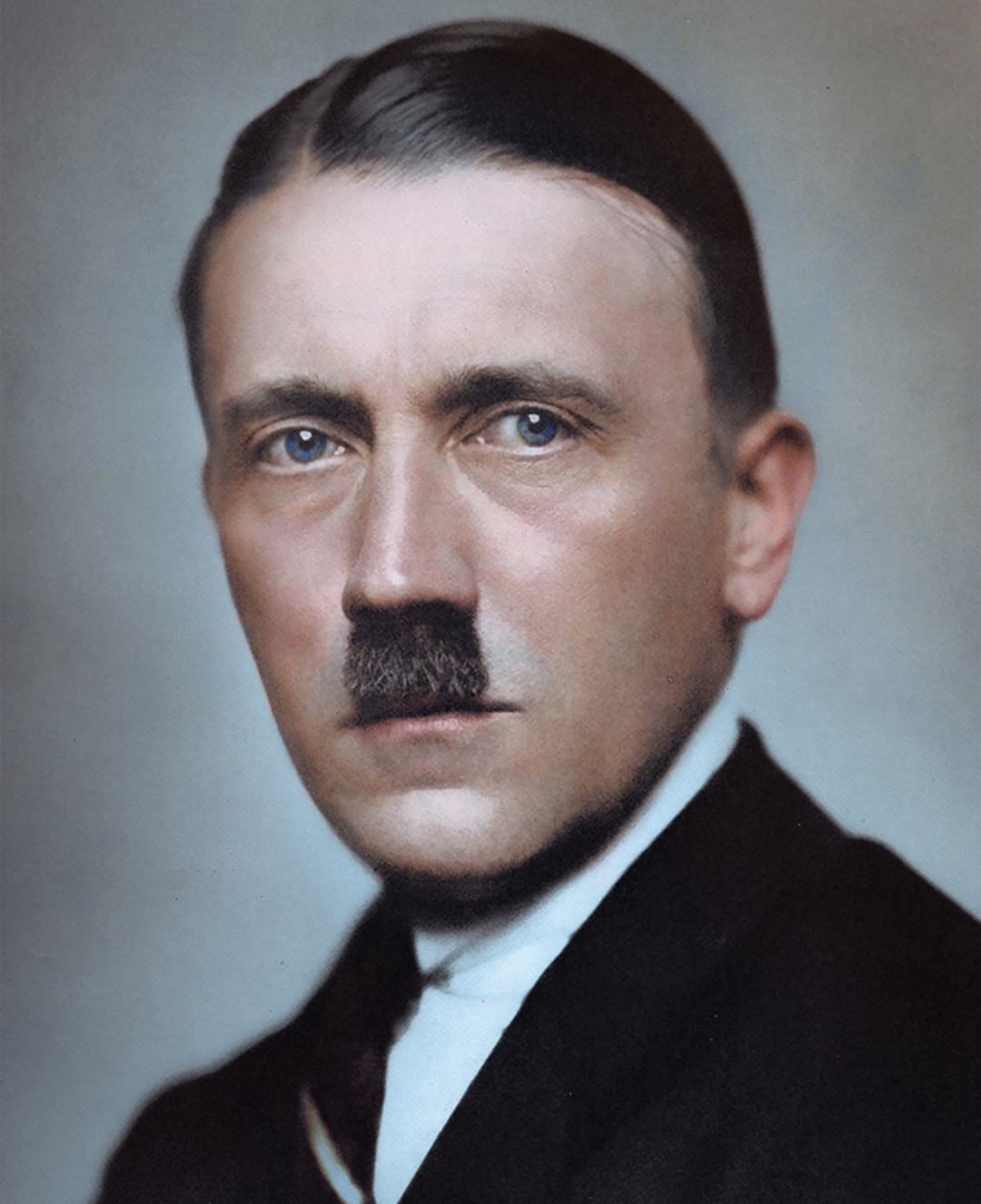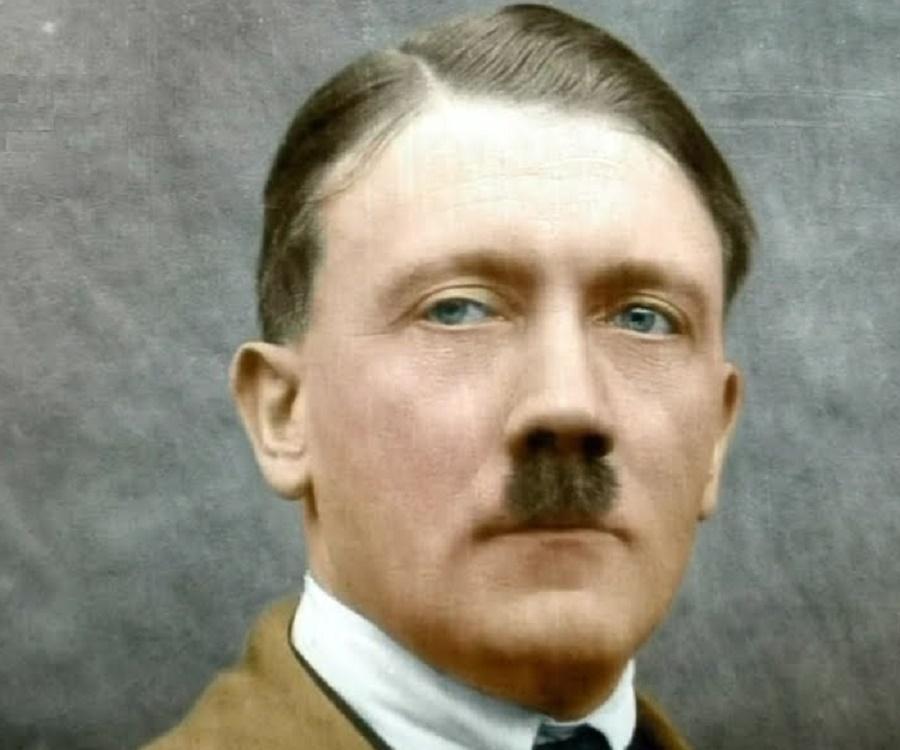Adolf Hitler
Adolf Hitler was the radical dictator of Nazi Germany from 1934 until 1945. He rose to drive as the top of the Nazi Party and is outrageous for partaking in the huge events of both World War II and the Holocaust. Today, he is perceived as a heartless despot that caused the death of millions. For instance, he impelled World War II with the Nazi assault of Poland in 1939 and finished the Holocaust, which incited the death of in excess of 11 million people. He passed on close to the completion of World War II and changed the course of World history.
Adolf Hitler's Life:
Adolf Hitler was brought into the world on April 20th, 1889 in Braunau am Inn, Austria-Hungary. In 1892, when Hitler was just three years old his family moved to Germany, yet would after a short time re-appearance of Austria in 1894. Hitler's dad, Alois, developed and cultivated a calling in the authority of the custom. The re-appearance of Austria is in like manner around the time that Adolf Hitler began to cultivate unprecedented conflicts with his father and his school. As a child, Adolf was known for being very grumpy and creating hostility and fury towards his father for his decision to move his family. Likewise, Adolf's first assumption in life was to transform into a painter and he expected to go to old-style workmanship school, yet needed to pursue various undertakings on account of the cravings of his father. After the downfall of his father in 1903, Hitler in a little while left school and moved to Vienna, Austria in 1905.
In Vienna, Hitler continued with a destroyed lifestyle. He acquired close to no money as a general specialist and by selling watercolor magnum opuses in the city of the city. Also, his mother Klara helped support him with what cash she could. He applied to enter the Academy of Fine Arts in Vienna in 1907 and again in 1908 yet was excused twice. Exactly when his mother kicked the container in late 1907, Hitler needed to dwell in hotels and penniless shelters.
ADOLF HITLER JOINS THE NAZI PARTY
Various events in his underlying life provoked his contempt towards the Jewish public. It is acknowledged that the beginnings of Hitler's antagonism toward Semitism began during his time in Vienna. Antagonistic to Semitism is disdain or predisposition towards Jewish people.
Hitler left Vienna in 1913 and moved to Munich, Germany. It is by and large acknowledged that he got away from Austria-Hungary to do whatever it takes not to be enrolled into the Austrian outfitted power, in view of his scorn of the mix of identities that existed in the Austro-Hungarian Empire by then. While in Munich, Hitler chose to serve in the German Army for World War I, which had as of late begun. Hitler was designated to the Bavarian Reserve Infantry Regiment and filled in as a dispatch runner on the Western Front. While he was routinely far from the bleeding edges of the battle, he participated in a couple of key World War I battles, including the First Battle of Ypres, Battle of the Somme, Battle of Arras, and the Battle of Passchendaele. He was harmed at the Battle of the Somme by an exploding shell and went through the accompanying two months of recovering in a clinical center. He was again harmed near the farthest reaches of the contention when he was momentarily stupefied by a mustard gas attack. It was during his time in the crisis center after the mustard gas attack that he learned of Germany's surrender to the Allied Powers. For his strength and organization in the contention, Hitler was conceded a couple of qualifications, including two Iron Crosses, the Cross of Military Merit, and the Wound Badge.
After the completion of World War I, Hitler remained with the military and filled in as an information-trained professional. He was dependent on noticing the activities of the German Workers Party but was in a little while awakened by the party and its nationalistic and threatening to Semitic message. In 1919, Hitler joined the party, which after a short time changed its name to the National Socialist German Workers Party and began using the emblem as its power picture.
In the pre-summer of 1921, he expected control of the National Socialist German Workers Party and began to endeavor to fabricate its obviousness in German authoritative issues. He did this by passing on his brand-name public talks concerning his viewpoints on the territory of Germany. Hitler was superb at public talking in that he was enchanted and enthusiastic when he talked.
Resulting in joining and accepting accountability for the Nazi Party, Hitler extensively endeavored to foster the pervasiveness of the party in the country.
ADOLF HITLER'S RISE TO POWER
Stirred fairly by Benito Mussolini in Italy, Hitler picked in 1923 that the Nazi Party would need to clutch power in Germany utilizing power. In November of 1923, Hitler and the SA drove the Beer Hall Putsch, which was the Nazi Party's undertaking to attack the German government and anticipate control for itself. The Beer Hall Putsch was a failure and Hitler was put being examined for connivance. Hitler used their time in prison to contemplate his political method and make the essential volume out of his book Mein Kampf, which was an individual record of his turn of events and its major conviction framework. Hitler's way of thinking at the time focused on silly German enthusiasm, against Semitism, unfriendly to communism, and Lebensraum.
Directly following serving his time in prison, Hitler promised to simply use real means to propel his administrative issues and inside two years, support for the Nazi Party had created. By 1928 Nazi enlistment was at around 100,000 people, and they continued to procure pervasiveness reliant upon Hitler's dependable assistance to the financial fights that were torturing Germany. In particular, Hitler conveyed that Germany had been embarrassed by the conditions of the Treaty of Versailles, which was the plan constrained on Germany around the completion of the First World War. Through Hitler's lively effort, by 1932, the Nazi Party had 800,000 people and facilitated become the greatest social affair in the Reichstag, which was the German parliament.
Hitler transformed into the Chancellor of Germany, top of the evenhandedly picked government on January 30th, 1933. Having become Chancellor, Hitler ruined all undertakings by his adversaries to procure a larger part in parliament and was allowed an opportunity in February of 1933 when the Reichstag building was set burning. Hitler acknowledged this was his chance to use the social class fear of communism as a strategy for supervising Germany. The fire was blamed for communists developing social classes' fears that there was a communist plot in progress to start a communist change in Germany. As a result of public and political concerns, the day after the fire Hitler mentioned and got from President Hindenburg the Reichstag Fire Decree. It suspended most friendly opportunities in Germany and was used by the Nazis to blacklist conveyances not considered "genial" to the Nazi explanation. This was a huge stage for Hitler to supervise Germany.
Adolf Hitler's Death:
In the later significant length of World War II, Nazi Germany endeavored to stay aware of its control over Europe. For instance, the Allied nations of Britain, the United States, and the Soviet Union crashed into Europe from various sides and compelled the Nazi Armies back into Germany and Berlin. Finally, in 1945, Adolf Hitler and his various bosses took cover in strongholds under the city of Berlin. Regardless, with the Soviet Army crashing into the city in April of 1945, Hitler decided to execute implosion and make an effort not to face discipline for his bad behaviors.
Adolf Hitler finished everything with his better half, Eva Braun, on April 30th of 1945. He understood that he expected a ghastly fate in the ownership of value after the monstrosities he organized and executed against mankind. There is no question that he will reliably be perceived as a tyrant and his legacy is one of alarm for the people who anytime become astounding with any kind of need to hurt people considering their race or religion. In light of everything, today Hitler is perceived as one of the absolute most savage despots of the 20th century.




/cdn.vox-cdn.com/uploads/chorus_image/image/63547701/hitler_e1533184458385.0.jpg)




0 Comments